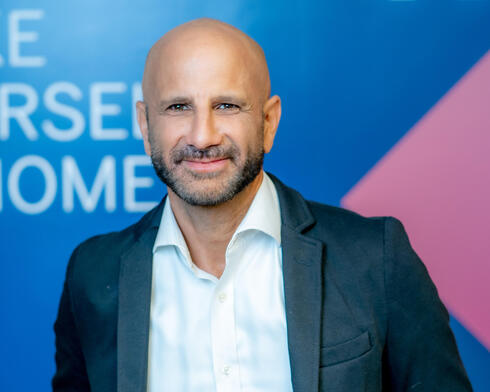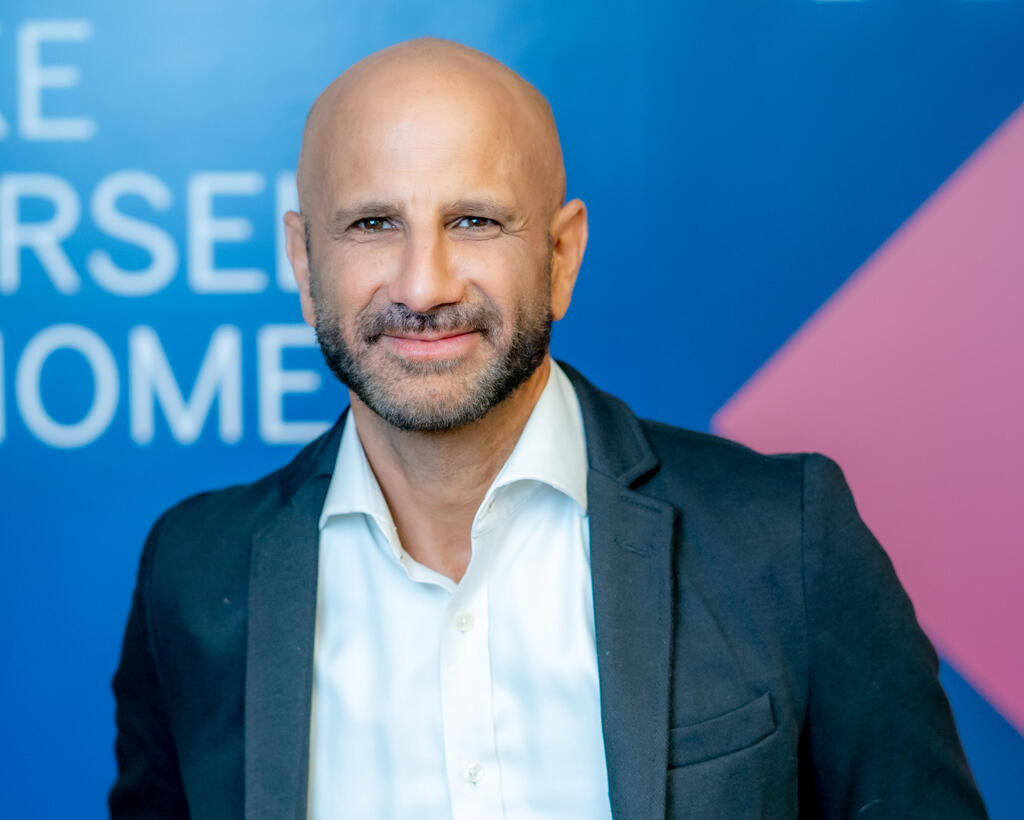
Black soldier fly farming among new areas of focus for Israel Innovation Authority in 2023
The IIA has approved a budget of over $40 million for three new consortiums that will encourage the development of new technologies in three areas, including integrated photonics, and metamaterials and metasurfaces
The Israel Innovation Authority has outlined areas of focus for 2023 and announced on Wednesday a budget of about NIS 150 million (approximately $43 million) for the launch of three innovation consortiums focusing on integrated photonics, metamaterials and metasurfaces, and black soldier fly farming.
Explaining the emphasis, Aviv Zeevi, VP Technological Infrastructure at the Israel Innovation Authority said: “The funding provided for these three consortiums forms part of the authority’s strategy to encourage high-risk endeavors within Israeli tech industry, while developing new core capabilities that will enable penetration into groundbreaking new markets with disruptive technologies, both for startup companies as well as large corporations.”
The key areas the integrated photonics consortium will be looking to advance are: a source of integrated photonic light, which is a stepping stone to the development of a quantum computer, but also has market value as a standalone component in its own right; a small-volume, lightweight gyro with mid-range accuracy (short navigation) and significantly lower cost than at present; comb-laser for multi-channel optical communications; and a platform to substantially reduce volume for high-powered airborne laser systems.
The research committee of the Technological Infrastructure Division at the IIA has approved a budget of about NIS 40 million (approximately $11.5 million) for three years.
Four Israeli companies are participating in this consortium: Elop, Cielo, Quantum Source and New Photonics.
Metamaterial and metasurfaces technology is based on an intelligent combination of nano- or micro-structures with a typical sub-wavelength size (a few to one tenths of sub-wavelength), to create artificial electromagnetic materials with specified engineered properties, allowing manipulation of the electromagnetic wave that passes through the material. The passage of the electromagnetic wave through a metamaterial medium changes the wave's front in a calculated manner and allows highly efficient redesign of the fields and flow of energy, to fabricate unconventional mirrors, thin lenses, adjustable antennas, wide-angle absorbers and more.
The research committee of the Technological Infrastructure Division has allocated a budget estimated at NIS 55 million (approximately $16 million) for three years for this consortium.
Members of the consortium include eight companies (Elbit Systems, Ceragon, SatixFy Communications, Galel, Spectralics, SDC, PCB, OPSYS, FVMAT and IKOM) and 10 research groups (the Technion, Hebrew University, Weizmann Institute, Tel Aviv University, Ariel University, Bar-Ilan University and Ben-Gurion University).
Related articles:
- Israel Innovation Authority VP: “Israel can be the world’s most advanced country in autonomous public transport”
- New NIS 4 million program to promote research collaborations between manufacturers and academic institutions
- Quantum Machines to establish Israeli quantum computing center in $30 million deal
The Black Soldier Fly consortium has received a budget of about NIS 28 million (approximately $8 million) for its development as a new farm animal.
The eight Israeli companies participating in the consortium are: FreezeM, Ambar, Shachar Group Ltd., NRGene, Neomena, Entoprotech, Bagira and Rafael Feed Mills Ltd. These companies will collaborate with nine leading academic research groups from the Volcani Institute, MIGAL, Haifa University, Tel Aviv University and the Hebrew University.
The main issues that the consortium has chosen to focus on are: improving black soldier fly feed based on an analysis of important components of their nutrition; improving growth, health and breeding indices; and laying the foundations for commercial viability.
First published: 10:05, 21.12.22














